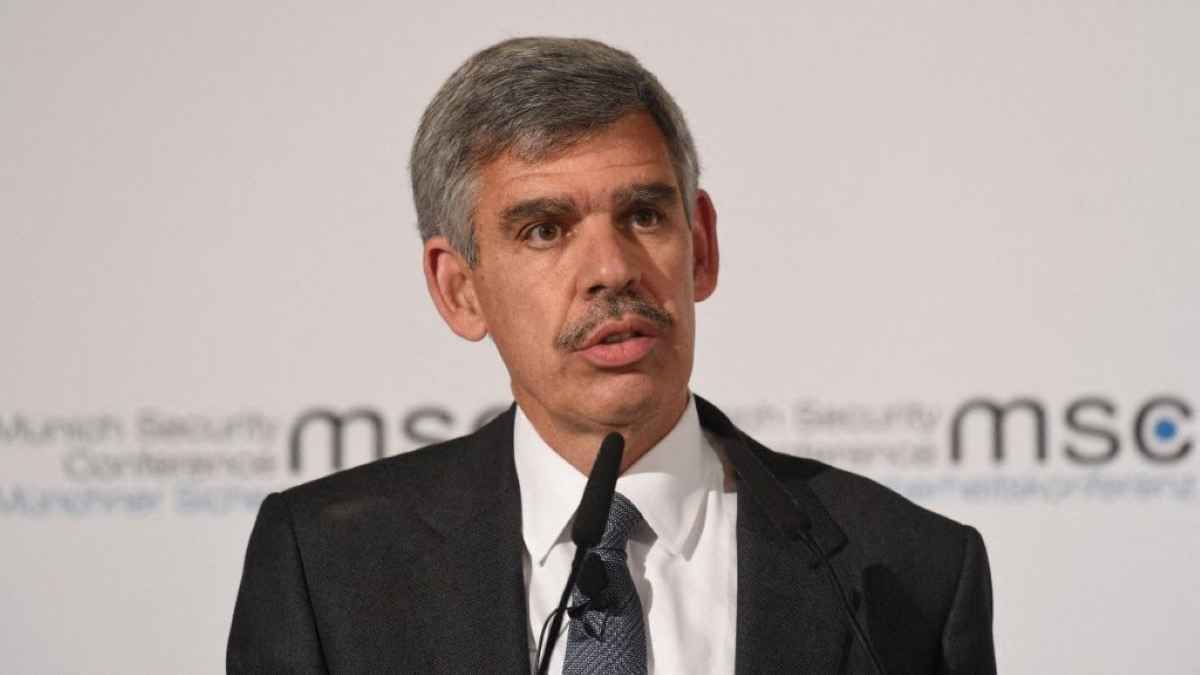The recent escalation of tensions in the Middle East has emerged as a significant challenge for the already fragile global economy. Economic expert Mohamed El-Erian warned in the Financial Times that rising geopolitical tensions are increasing risks to both economic growth and inflation, while financial and monetary tools remain limited in their ability to respond effectively. \n\nThe markets have reacted negatively to the growing uncertainty, with oil prices surging by over 5% to nearly $70 per barrel. Although this price is below the January peak of around $82, the spike adds complexity to the challenges of stagflation facing the global economy. Stock markets have also seen a noticeable decline amid fears that heightened uncertainty could reduce consumer spending and investment. \n\nThe World Bank recently projected global growth to slow to 2.3% in 2025, down by about half a percentage point from previous forecasts. While a global recession is not anticipated, the bank warned that these projections assume an average oil price of $66 per barrel in 2025 and $61 in 2026, which may now be less likely due to geopolitical escalations. \n\nCentral banks face mounting challenges in managing persistent inflationary pressures, limiting their ability to cut interest rates significantly if economic growth slows. High interest rates and growing investor sensitivity to fiscal deficits and public debt also constrain governments’ capacity to implement effective fiscal responses. \n\nIn the UK, recent spending reviews highlight budget pressures and the need for economic growth. Households may face potential tax increases in the October budget, negating any positive impact from interest rate cuts, which are no longer guaranteed by the Bank of England. \n\nAlthough global financial markets have not shown sharp reactions so far, with modest gains in US Treasury bonds and the dollar, this apparent calm may indicate deeper shifts in investor behavior with long-term implications. The continued decline of the US role as the center of the global system could push countries to diversify their portfolios and reduce reliance on the dollar. \n\nEl-Erian concludes that the Middle East turmoil poses a serious challenge at a sensitive time for the global economy, signaling rising political and geopolitical instability. It also warns of a gradual shift towards a more fragmented economic landscape, accompanied by increasing risks of deep financial disruptions. \n— new from إرم بزنس
